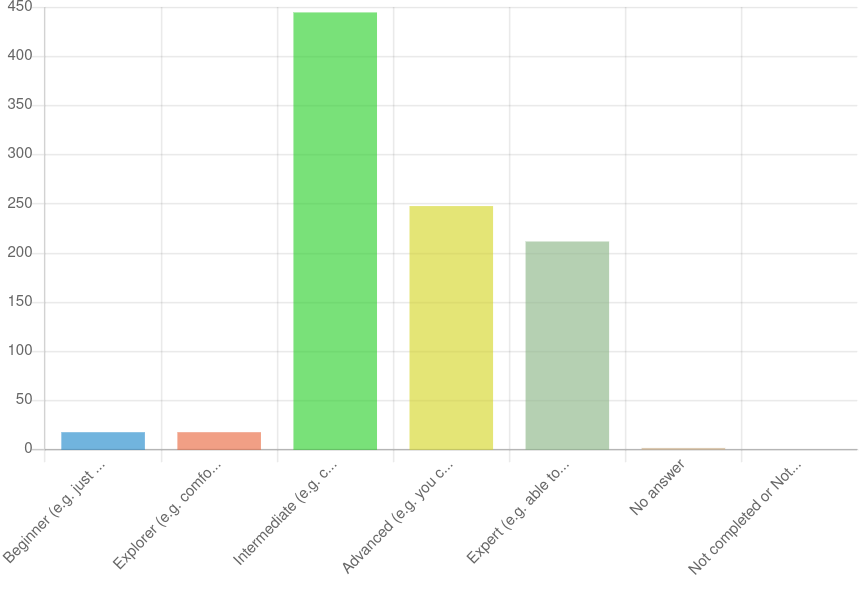Author: Thom Holwerda
Source
Sponsored:
Atlas of AI: Power, Politics, and the Planetary Costs of Artificial Intelligence - Audiobook

Uncover the true cost of artificial intelligence.
Listen now, and see the system behind the screens before the future listens to you. = > Atlas of AI $0.00 with trial. Read by Larissa Gallagher
All that to say, I find that NetBSDs philosophy aligns with mine. The OS is small and cozy, and compared to many minimal Linux distributions, I found it faster to setup. Supported hardware is automatically picked up, for my Thinkpad T480s almost everything (except the trackpad issue I solved above) worked out of the box, and it comes with a minimal window manager and display manager to get you started. It is simple and minimal but with sane defaults. It is a hackable system that teaches you a ton. What more could you want? ↫ Marc Coquand I spent quite some time using OpenBSD earlier this year, and I absolutely, positively loved it. I can’t quite put into words just how nice OpenBSD felt, how graspable the configuration files and commands were, how good and detailed the documentation, and how welcoming and warm the community was over on Mastodon, with even well-known OpenBSD developers taking time out of their day to help me out with dumb newbie questions. The only reason I eventually went back to Fedora on my workstation was performance. OpenBSD as a desktop operating system has some performance issues, from a slow file system to user interface stutter to problematic Firefox performance, that really started to grind my gears while trying to get work done. Some of these issues stem from OpenBSD not being primarily focused on desktop use, and some of them simply stem from lack of manpower or popularity. Regardless, nobody in the OpenBSD community was at all surprised or offended by me going back to Fedora. NetBSD seems to share a lot of the same qualities as OpenBSD, but, as the linked article notes, with a focus on different things. Like I said yesterday, I’m looking to building and testing a system entirely focused on tiled terminal emulators and TUI applications, and I’ve been pondering if OpenBSD or NetBSD would be a perfect starting point for that experiment.




